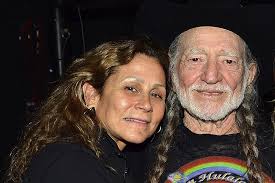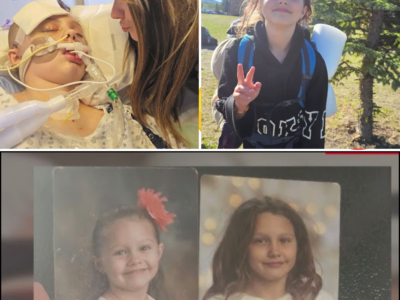The films and Frank Herbert’s novels were reportedly heavily inspired by Islamic culture and histories.
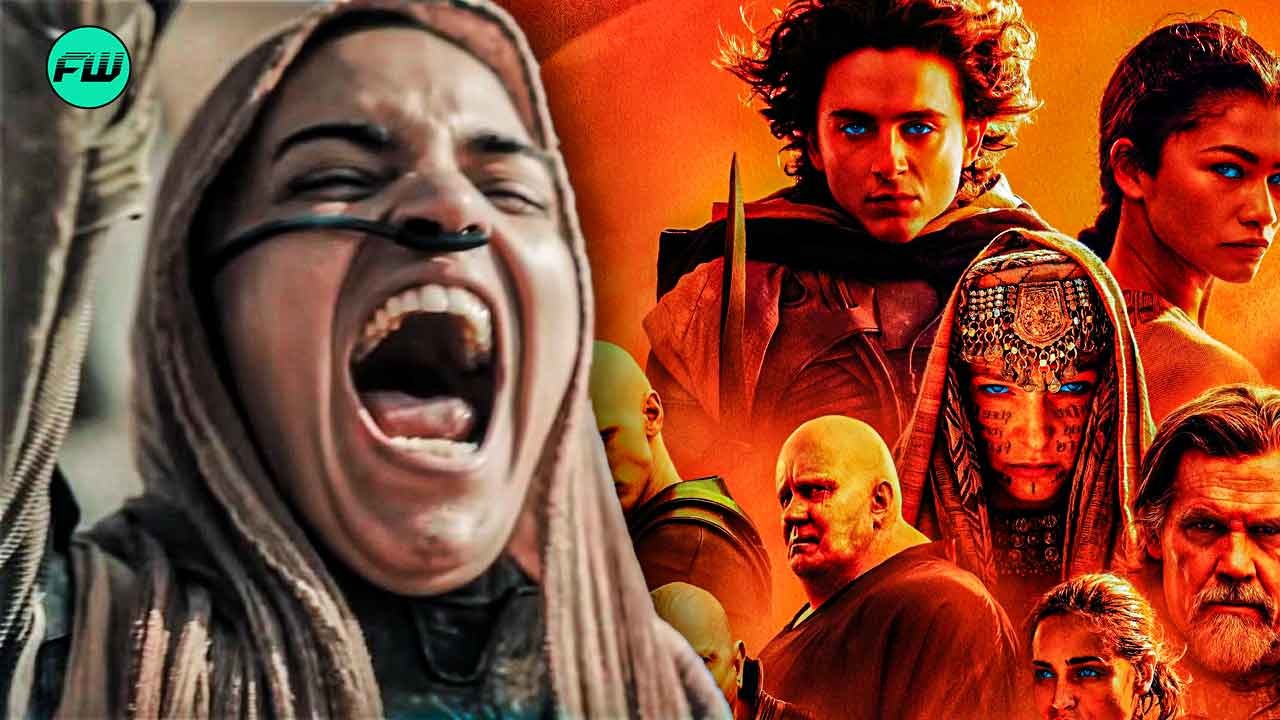
Denis Villeneuve’s Dune: Part Two has been regarded as the filmmaker’s masterpiece and has been reigning at the box office since its release earlier in March. With $577 million at the global box office, the film has become the highest-grossing film of the year. Based on Frank Herbert’s novel series, the film starred Timothée Chalamet and Zendaya in lead roles.
While most critics and fans have been applauding Villeneuve’s vision for the sci-fi epic, there have been criticisms of the movie regarding its depiction of people hailing from MENA backgrounds. Critics noted the absence of significant members of Middle Eastern and North African descent in speaking roles, despite the films being inspired heavily by the cultures of the region and people.
Dune: Part Two Criticized For Lack Of MENA Representation
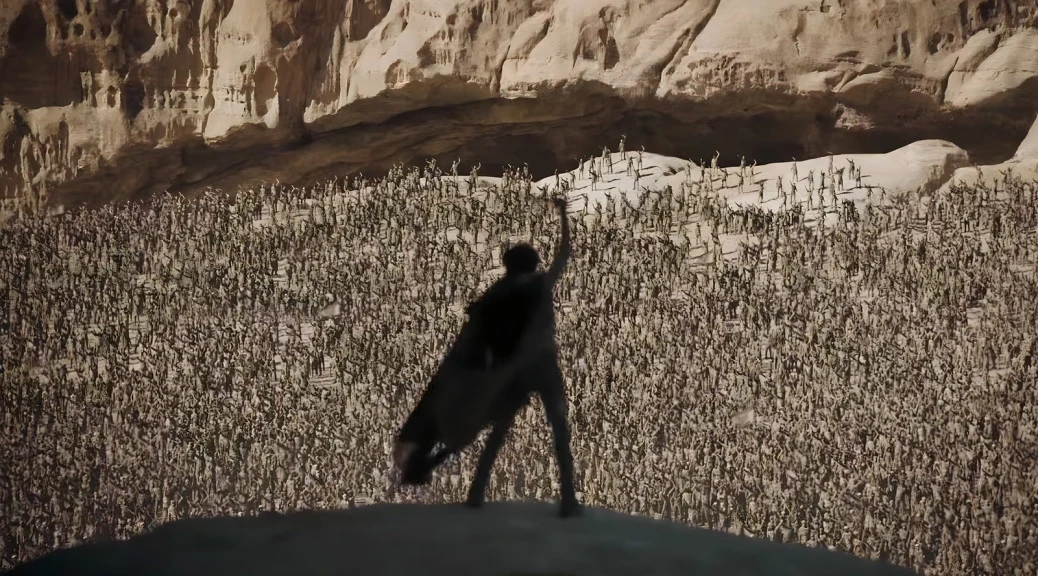 A still from Denis Villeneuve’s Dune: Part Two
A still from Denis Villeneuve’s Dune: Part Two
Apart from its grand world-building and faithful adaptation of Frank Herbert’s iconic novels, Denis Villeneuve’s Dune franchise boasted a stellar cast with A-list talent. While Timothée Chalamet and Zendaya headlined the film, other stars such as Oscar Isaac, Rebecca Ferguson, Stellan Skarsgård, Javier Bardem, Austin Butler, and Florence Pugh among others featured in the duology.
However, the film has been receiving criticism for not featuring enough actors of MENA descent in the film despite being heavily inspired by Islamic culture, which was present in the novels by Frank Herbert. The Fremen of Arrakis were reportedly inspired by the Bedouins of the Arabic plateau and their fight against their oppressors was reportedly a representation of the Algerians’ revolution against the French (via Variety).
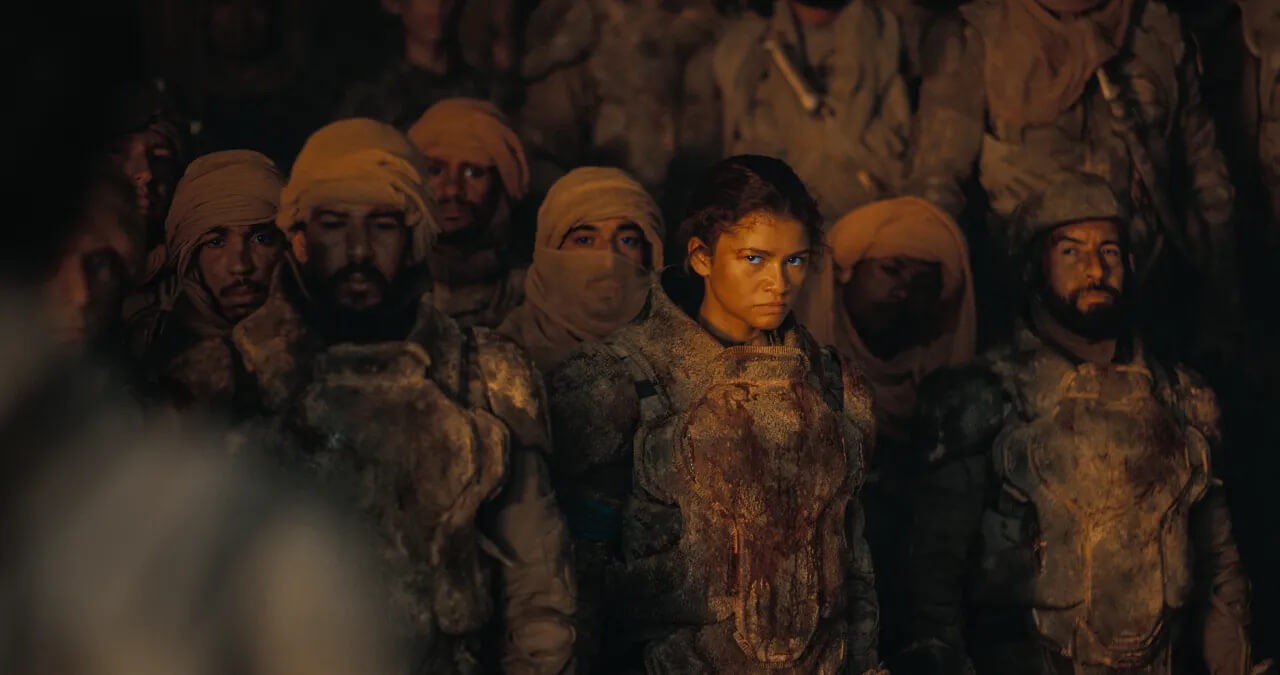 Fremen in Dune: Part Two
Fremen in Dune: Part Two
An article by Furvah Shah in Cosmopolitan UK mentioned how the film erased the Middle Eastern and North African influences that the book had. The author wrote,
“From the use of beads and prostration in prayers by the Fremen to the almost-Arabic language, phrases pulled from religious texts, and the wearing of veils, it felt like ‘Dune’ takes a heavy amount of inspiration from Islam, Middle Eastern, and North African cultures yet simultaneously erases us from the screen.”
The film still employed many of the MENA influences that were mentioned in the book, such as Lady Jessica’s facial tattoos and the flowing attire of the locals of Arrakis. Arabic words such as the popular ‘Lisan al Gaib’, ‘Mahdi, and others were also used while some were reportedly omitted.
Denis Villeneuve’s Dune: Part Two Only Had One Actor Of MENA Descent In A Speaking Role
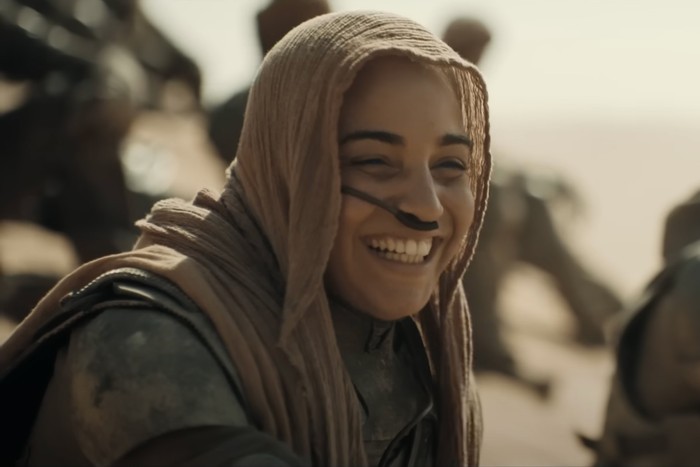 Souheila Yacoub in Dune: Part Two
Souheila Yacoub in Dune: Part Two
While Denis Villeneuve’s Dune: Part One had also received similar criticism, no improvements seemed to have been made in the sequel when it came to MENA representation. The film reportedly had only one actor in a speaking role of MENA descent i.e. Souheila Yacoub, a Swiss actress of Tunisian descent. The actress played Shishkali, a Fremen warrior who is often seen with Zendaya’s Chani and Chalamet’s Paul.
A source close to the production mentioned that many of the people of Jordan and Abu Dhabi received apprenticeships and internships on the set of the film as it was being filmed. Reportedly 15 of the 42 Fremen roles were filled by actors of MENA descent, however, only Yacoub had a speaking role (via Variety).
Casting directors noted that it was a missed opportunity by the production house to do more for the community. While Serena Rasoul of MA Casting mentioned that it would have been a great project to show the rich culture of the region, Amani Al-Khatahtbeh of MuslimGirl.com criticized the fact that Hollywood seemed to have a dearth of talented MENA actors when it came to a positive portrayal. She said to Variety,
“One of the big things we hear when it comes to Middle Eastern people getting cast or brown people getting cast is there is not enough talent. Yet there is no hesitation and no challenge for the industry to cast those actors from those backgrounds in the stereotypical roles of being terrorists or villains. Conveniently, we are at a surplus of Middle Eastern actors when it comes to negative portrayal.”
Denis Villeneuve had mentioned while promoting Dune: Part One that he tried to be faithful to the mages he had in mind while he read the book for the first time as a child. However, he also mentioned that he tried his best to stay true to Frank Herbert’s vision and influences (via The Nerds of Color).

